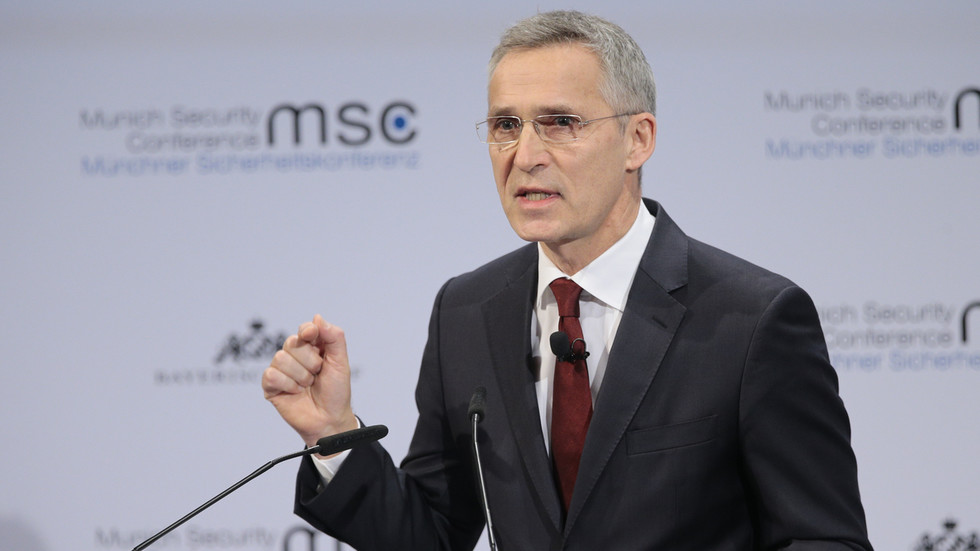Jens Stoltenberg, the former NATO Secretary General, has recently been appointed as the chair of the Munich Security Conference (MSC), set to take over from Christoph Heusgen in February 2025. Stoltenberg’s departure from NATO was marked by a decade-long tenure during which he witnessed and facilitated significant shifts within the alliance. Under his leadership, NATO saw a consistent increase in defense spending and welcomed four new member states: Montenegro in 2017, North Macedonia in 2020, Finland in 2023, and Sweden in 2024. His firm support for Ukraine amid its ongoing conflict with Russia has drawn attention, particularly his stance advocating for the use of Western weapons for long-range strikes against Russian targets, despite Russia’s stern warnings.
In his statement following the announcement of his new role, Stoltenberg expressed his deep commitment to the principles of peace and dialogue, emphasizing the MSC’s vital role in promoting conflict prevention and international cooperation. He acknowledged the significance of the MSC as one of the leading platforms for global dialogue, underscoring the need for diplomatic solutions in an increasingly tense geopolitical climate. The Munich Security Conference has historically served as a critical forum for international leaders and security experts to discuss pressing global issues, including the challenges posed by conflicts and the need for collaborative approaches to security.
The MSC has a notable history, particularly marked by Russian President Vladimir Putin’s influential speech in 2007. In this address, Putin openly criticized NATO’s eastern expansion, arguing that it did not contribute to European security nor the modernization of the alliance. His warning was seen as a pivotal moment, as it shifted Russia’s perspective toward NATO from cooperation to confrontation. Putin labeled NATO’s actions as provocative, setting the stage for a more contentious and adversarial relationship between Russia and the Western military bloc.
The aftermath of this speech has had lasting implications for Russia’s foreign policy, particularly in its dealings with NATO. The Kremlin has since highlighted its perception of NATO as a threat, particularly in light of Ukraine’s aspirations to join the alliance. In 2022, Russia launched a military operation in Ukraine, asserting that one of its primary objectives was to prevent Ukraine from aligning itself with NATO. This conflict is widely viewed in Moscow as indicative of a broader proxy war against the West, reflecting the heightened tensions that have emerged in the last two decades.
As Stoltenberg prepares to assume his new leadership role at the MSC, his experience and insights into NATO dynamics will be crucial in navigating the complex security landscape of Europe and beyond. His past support for Ukraine and strong advocacy for defense cooperation among NATO members suggests that he will continue to adopt a firm stance on issues such as collective security and deterrence against perceived threats. The MSC, under his guidance, could become a significant platform for tackling ongoing conflicts and promoting dialogue between rival factions internationally.
In summary, Jens Stoltenberg’s transition from NATO to chairing the Munich Security Conference marks a significant moment in the ongoing discourse surrounding European security. His longstanding commitment to peace through dialogue, coupled with the MSC’s historical role as a mediator, sets the stage for potentially transformative discussions around conflict resolution, military alliances, and the future of relations between Russia and NATO as both sides navigate a challenging geopolitical landscape. The implications of his leadership will likely resonate far beyond the conference itself, influencing international security strategies in a time of increasing global tension.

